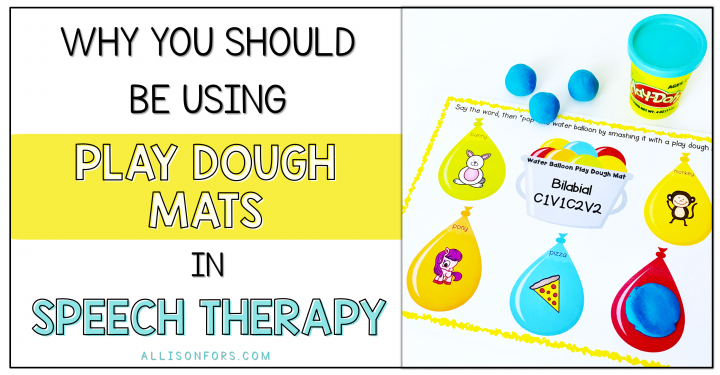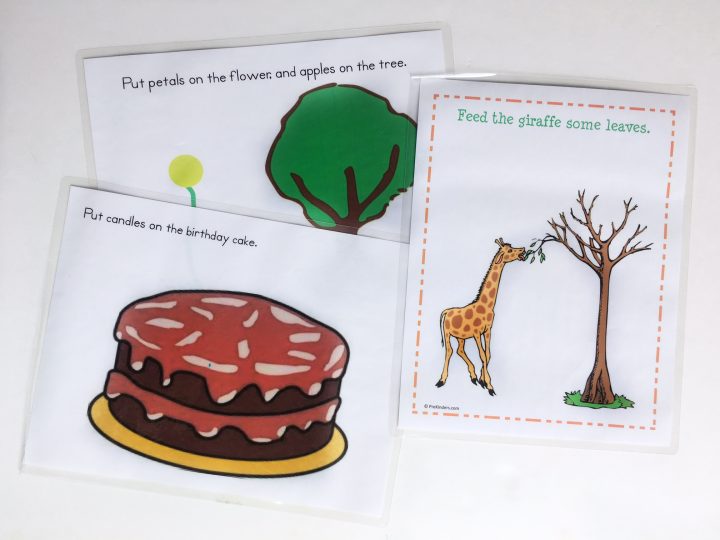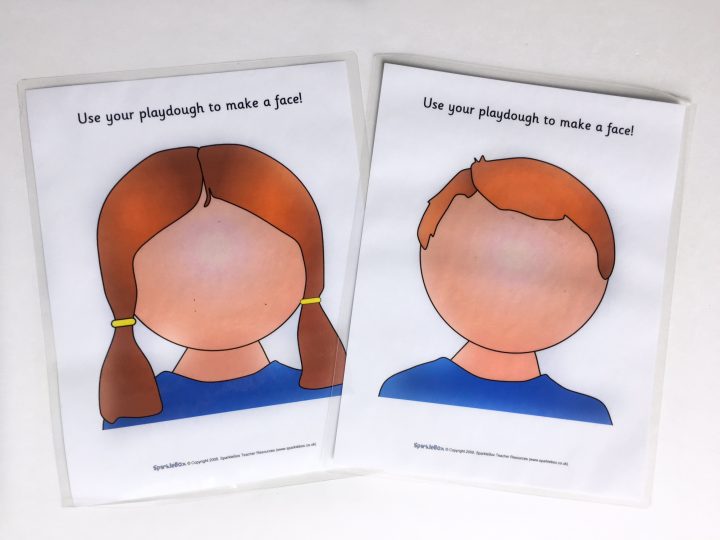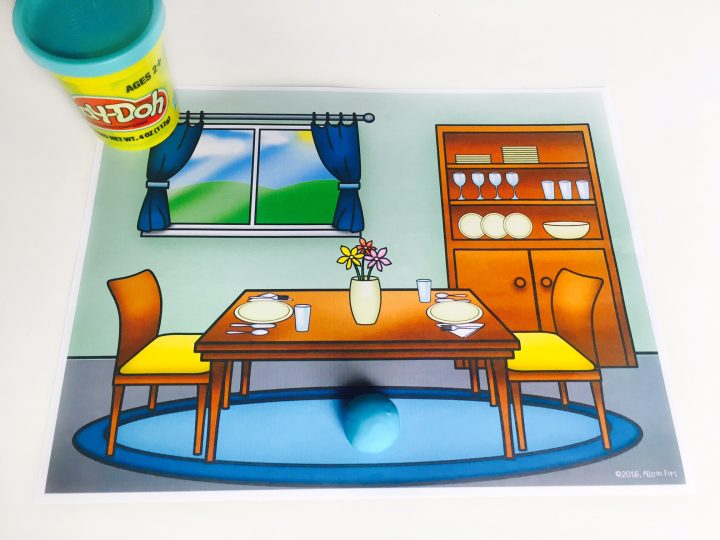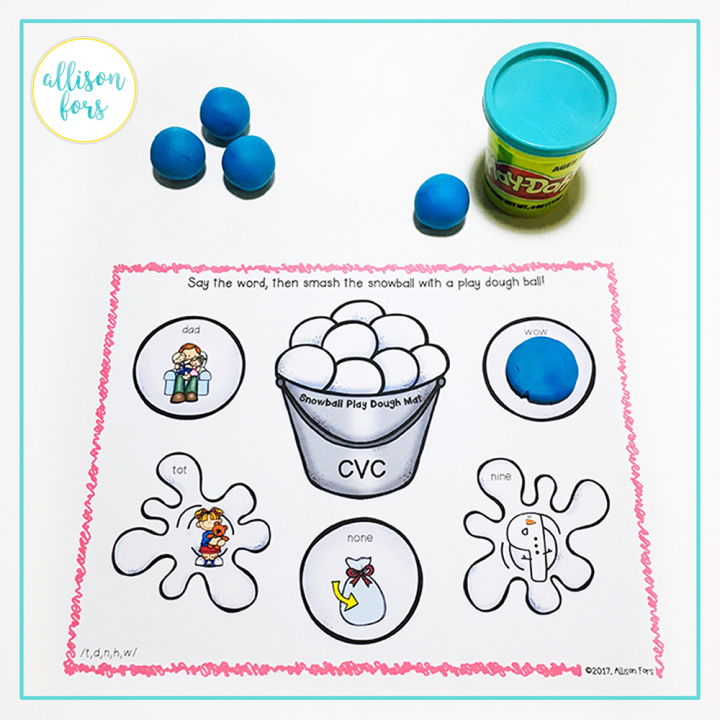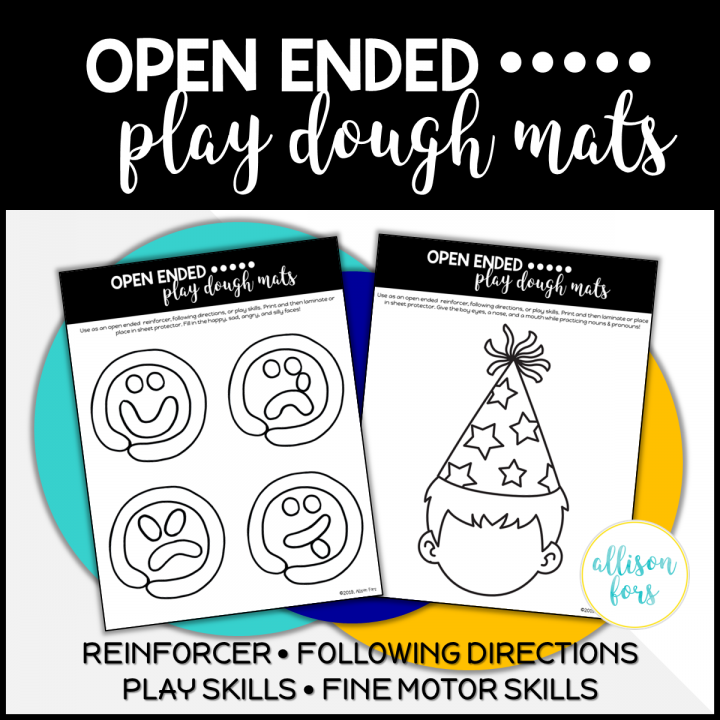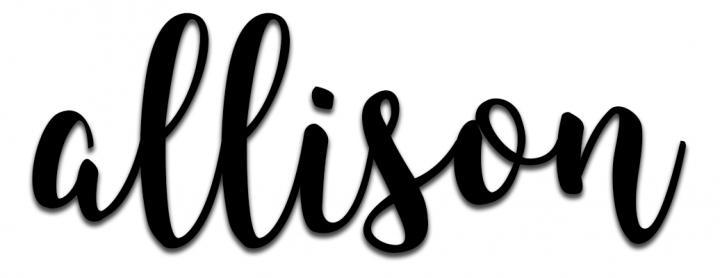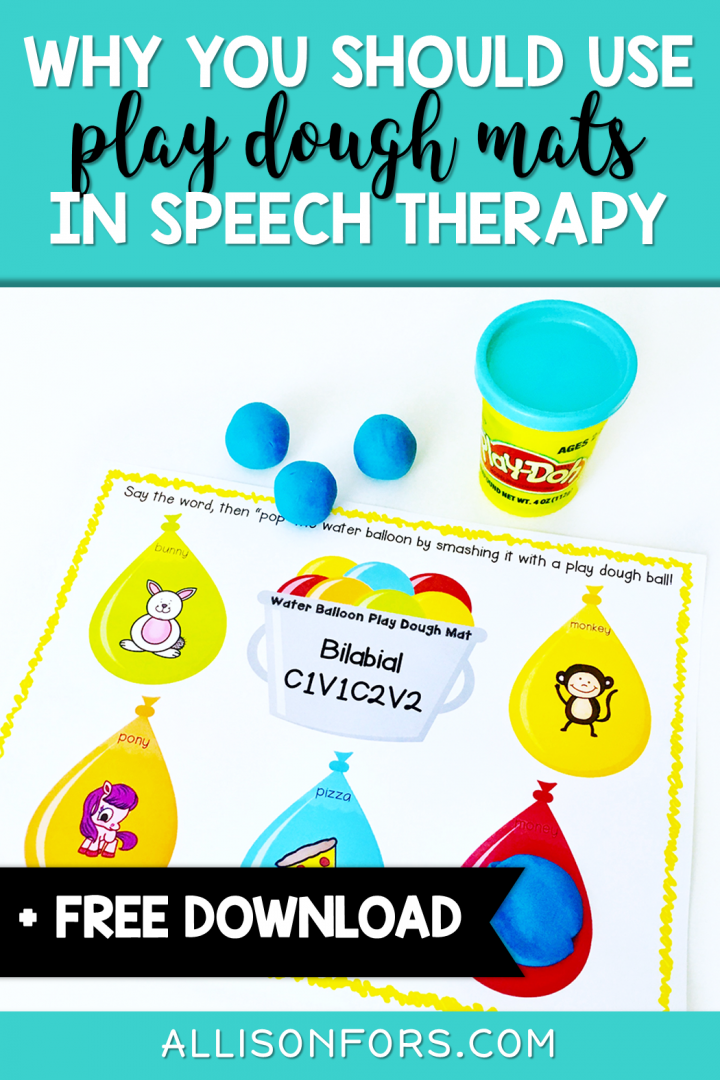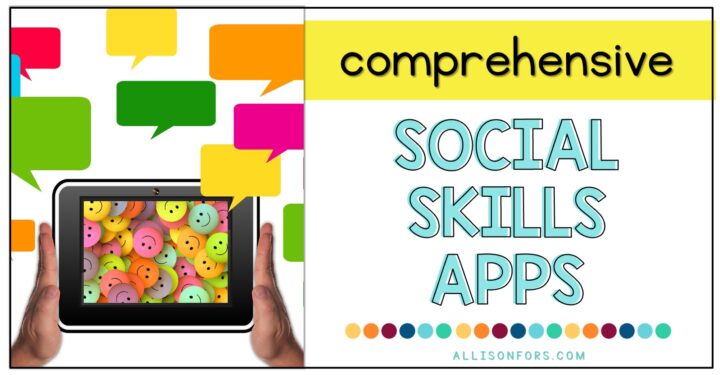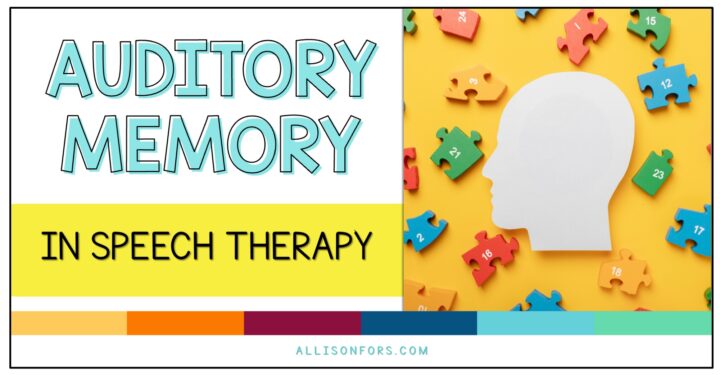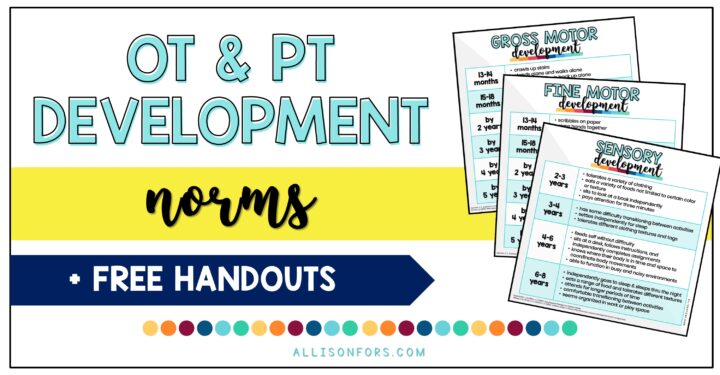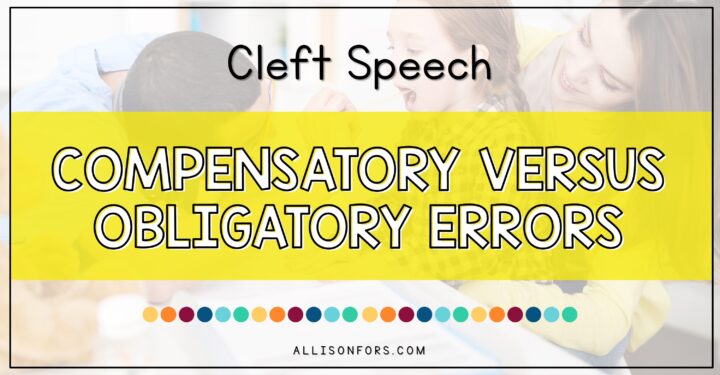
Why You Should Be Using Play Dough Mats in Speech Therapy
Work on countless speech and language targets in an engaging way with play dough mats! Be sure to grab the free mats at the end!
Mats are a great way to use play dough in a functional, interactive way in therapy. As I’m sure you’re already well aware, play dough is a popular activity among a wide age group. Since it’s fun and engaging, it doesn’t feel like work for the student and makes the therapist’s life easier – win-win. Also, these mats are super versatile since you can easily target so many goals, and I find it’s a breeze to get many repetitions while using them! To make things even easier, there are lots of free ones on the internet. And if you can’t find what you’re looking for, they are extremely easy to create for your needs.
TIP: Laminate or put them in sheet protectors so the play dough doesn’t ruin the paper after one use.
Speech Therapy Goals Using Play Dough Mats
FOLLOWING DIRECTIONS
The mats can be used to teach following directions in tons of different ways. There are mats on the internet like the ones found below that have a specific direction to follow. You can use these or a mat with a generic scene/image to incorporate any receptive language skills that make sense for the play dough mat. Work on 1-step directions, multiple-step directions, temporal directions, and sequential directions!
PRONOUNS
If you have mats with a boy and girl it is easy to work on nouns and pronouns! I like these blank face mats to practice directions such as, “make a nose and put it on the boy” or more complex directions, such as, “make an eyeball for him”. If you have mats with people, have the child cover “the boy” with dough (nothing is more fun than smashing a play dough ball) or “make a balloon and give it to her”.
PREPOSITIONS
Work on spatial concepts by placing the play dough in various locations on the mat. This is a fun way to test or generalize these skills. I made these ones and use them to work on prepositions and following directions. For example, “make a ball and put it under the table.”
BASIC CONCEPTS
Since play dough mats are so versatile, it is easy to incorporate many basic concepts. In addition to the basic concepts already discussed above, you can work on: colors, sizes, shapes, opposites, negation, emotions, textures, time, temporal concepts, quantitative concepts, and qualitative concepts.
ARTICULATION/PHONOLOGY/APRAXIA
You can find, or easily create mats with articulation words/pictures for the student to practice, and then “smash” or cover. I made these specific mats to work on apraxia because the mats are a perfect way to get lots of repetition and trials!
VOCABULARY
Use play dough to expand and learn vocabulary. Two ways to work on this are to have the child make something with the play dough for the mat (e.g. make a blue ball and put it on the mat) or identify the term from the mat (e.g. put play dough on the blue hat). Here is a list of fairly easy, quick items to have your student make with play dough while following directions using mats:
- ball
- cookie
- orange
- banana
- pizza
- circle
- heart
- happy face
- rope
- jump rope
- stick
- snake
- balloon
- snowball
- snowman
Grab these FREE mats! OPEN ENDED PLAY DOUGH MATS
Do you use play dough mats in speech and language intervention? How else do you use them?
You might also be interested in reading: Preschool Must-Haves for Speech Therapy
If you enjoyed this post, please share it!
Follow my blog with Bloglovin

